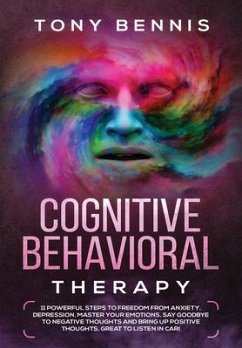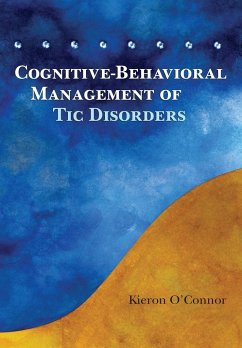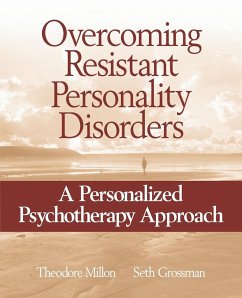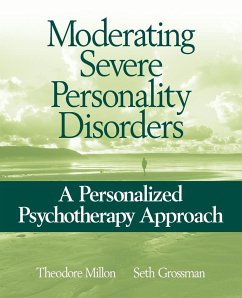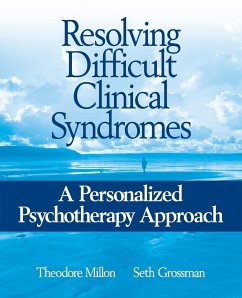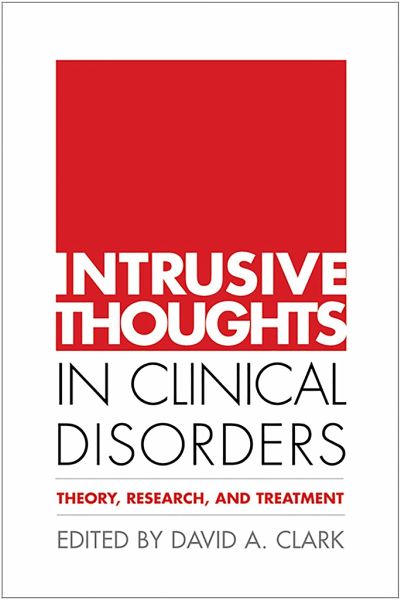
Intrusive Thoughts in Clinical Disorders
Theory, Research, and Treatment
Herausgegeben: Falsetti, Sherry; Rhyno, Shelley; Monnier, Jeannine; Resnick, Heidi; Clark, David A.
Versandkostenfrei!
Versandfertig in über 4 Wochen
45,99 €
inkl. MwSt.

PAYBACK Punkte
23 °P sammeln!
Advancing our understanding of the cognitive underpinnings of psychopathology, this is the first volume to focus on the role of unwanted intrusive thoughts, images, and impulses in a variety of psychological disorders. Leading experts explore the nature and causes of cognitive intrusions, examining how they become so persistent--and distressing--for certain individuals. Compelling findings are presented on the contribution of these phenomena to the etiology and maintenance of such diverse problems as obsessive-compulsive disorder, posttraumatic stress disorder, depression, generalized anxiety ...
Advancing our understanding of the cognitive underpinnings of psychopathology, this is the first volume to focus on the role of unwanted intrusive thoughts, images, and impulses in a variety of psychological disorders. Leading experts explore the nature and causes of cognitive intrusions, examining how they become so persistent--and distressing--for certain individuals. Compelling findings are presented on the contribution of these phenomena to the etiology and maintenance of such diverse problems as obsessive-compulsive disorder, posttraumatic stress disorder, depression, generalized anxiety disorder, insomnia, and sexual offending. Highlighting important questions for future research, each chapter also discusses practical implications for assessment and treatment. Clearly organized and tightly edited, this book will inform the work of researchers, students, and clinicians alike.




